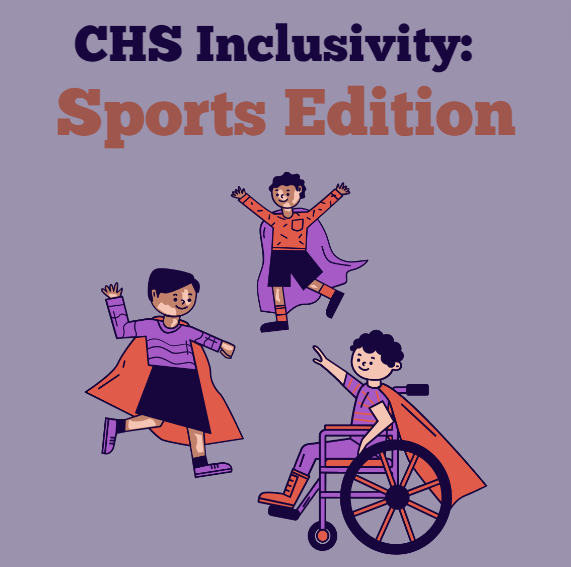It is the age of social media. People like to scroll, and people also like to improve themselves. Influencers can help by giving “realistic” goals that you can achieve with just a few steps. But wait—first buy their supplements, protein-pasta, give me one second—and courses on health and wellness! For these influencers, health is a business, and they are selling the solution.
But there are still some influencers on the internet that are believable, right? Influencers that will give good advice without misleading information. They will tell people if they are doing the right exercise and eating the right foods. Surely they are being honest. Unfortunately, the answer is not that simple. While some influencers may cite their sources, others will not or have sources that are misleading or misinterpreted. When this happens, panic takes root within communities.
Take seed oils, for example. Many fitness and health influencers claim that seed oils are unhealthy, citing outdated studies. For instance, a paper published in the American Journal of Clinical Nutrition in 2009 in which researchers suggested that a high intake of omega-6 fatty acids, often found in seed oils, would lead to chronic inflammation, increasing the risk of heart disease and cancer.
The problem with these studies is that they lack a viewpoint of moderation, and do not inherently say that seed oils are bad for you. Influencers seem to take this out of context, leading to an epidemic of misinformation.
Many of these social media influencers are trying to sell something, without checking the facts. So who are consumers supposed to believe? It is important to look into what influencers are trying to get out of their viewers. Are they interested in education or are they interested in profit—and how can that distinction be made? Fact checking and using common sense is a great place to start. Additionally, websites like “snoop.com” and “factcheck.org” are great options to fact-check articles. Critical thinking skills are very important in this day and age; if something does not make sense, it is probably a good idea to double check. Checking with a reputable source before acting on the advice from a thirty second video is crucial. At the end of the day, your body is more important than a trend.
It is the age of social media. People like to scroll, and people also like to improve themselves. Influencers can help by giving “realistic” goals that you can achieve with just a few steps. But wait—first buy their supplements, protein-pasta, give me one second—and courses on health and wellness! For these influencers, health is a business, and they are selling the solution.
But there are still some influencers on the internet that are believable, right? Influencers that will give good advice without misleading information. They will tell people if they are doing the right exercise and eating the right foods. Surely they are being honest. Unfortunately, the answer is not that simple. While some influencers may cite their sources, others will not or have sources that are misleading or misinterpreted. When this happens, panic takes root within communities.
Take seed oils, for example. Many fitness and health influencers claim that seed oils are unhealthy, citing outdated studies. For instance, a paper published in the American Journal of Clinical Nutrition in 2009 in which researchers suggested that a high intake of omega-6 fatty acids, often found in seed oils, would lead to chronic inflammation, increasing the risk of heart disease and cancer.
The problem with these studies is that they lack a viewpoint of moderation, and do not inherently say that seed oils are bad for you. Influencers seem to take this out of context, leading to an epidemic of misinformation.
Many of these social media influencers are trying to sell something, without checking the facts. So who are consumers supposed to believe? It is important to look into what influencers are trying to get out of their viewers. Are they interested in education or are they interested in profit—and how can that distinction be made? Fact checking and using common sense is a great place to start. Additionally, websites like “snoop.com” and “factcheck.org” are great options to fact-check articles. Critical thinking skills are very important in this day and age; if something does not make sense, it is probably a good idea to double check. Checking with a reputable source before acting on the advice from a thirty second video is crucial. At the end of the day, your body is more important than a trend.

















